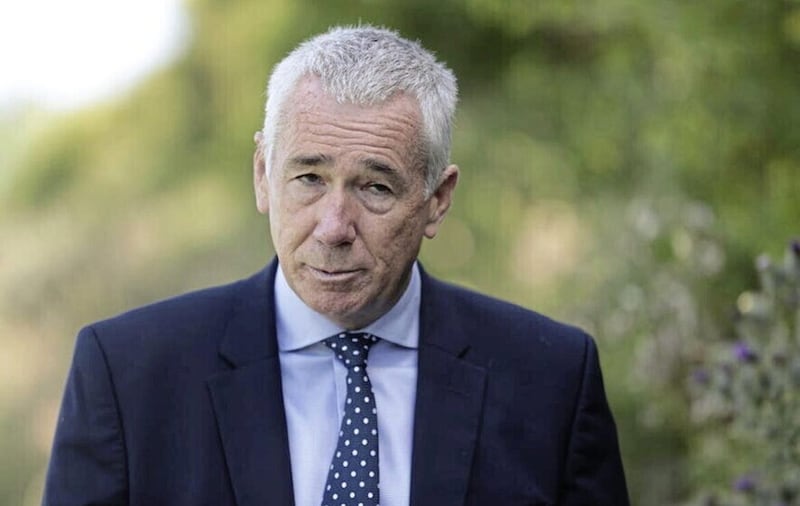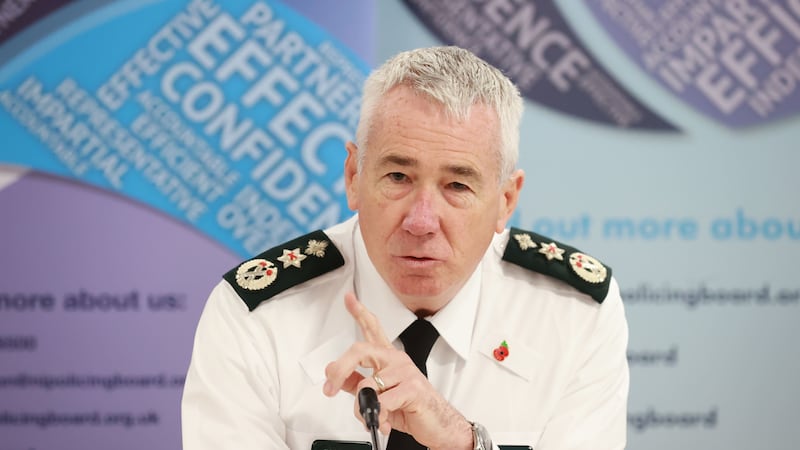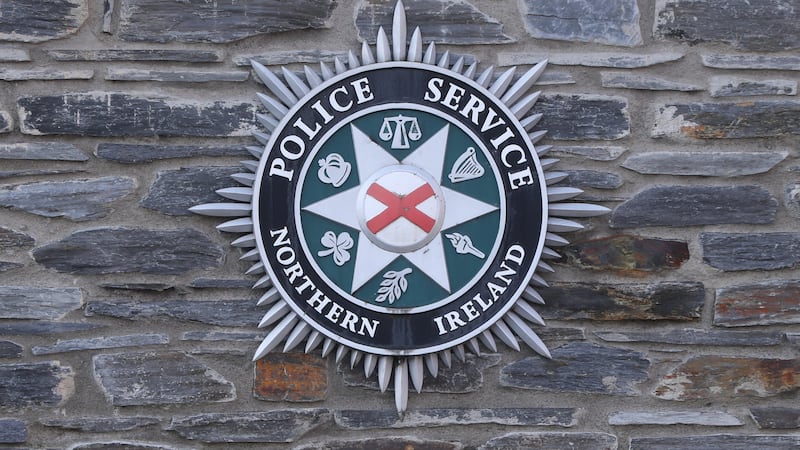Jon Boutcher's appointment as PSNI chief constable comes amid more than 35 years experience in policing.
The 58-year-old was recently appointed as the interim head of the force pending the outcome of the interviews this week for the permanent £220,000-a-year post.
He had previously applied to become PSNI chief constable in 2019, but lost out to Mr Byrne.
And he had also previously applied to lead the Metropolitan Police after the resignation of Cressida Dick last year, but he was unsuccessful in that process.
My statement following my appointment as Chief Constable. pic.twitter.com/ujaF5pAhKW
— Office of the Chief Constable (@ChiefConPSNI) November 7, 2023
Until recently Mr Boutcher was leading Operation Kenova, which has been investigating the activities of “Stakeknife”, the British Army’s top agent in Northern Ireland during the Troubles.
He has spent the past five years overseeing the independent investigation into the activities of Stakeknife, who worked within the IRA’s notorious “nutting squad”, interrogating suspected informers.
Stakeknife was widely believed to be west Belfast man Freddie Scappaticci, who was in his seventies when he died earlier this year.
Read more:
- Jon Boutcher appointed new PSNI chief constable
- Jon Boutcher ‘very honoured' to take up PSNI chief constable role
- Jon Boutcher insists new PSNI role will not delay publication of Operation Kenova report into Stakeknife
Mr Boutcher's Operation Kenova report is due to be published in the coming months.
He said the report has now passed through the final phases of the legal protocol before publication.

A long-serving police officer, he has held senior positions in several UK forces with his most senior role as chief constable of Bedfordshire Police from 2015 to 2019.
He also spent 28 years in the Metropolitan Police, mostly as a detective, but also served with its Flying Squad, infiltrating organised crime.
He was transferred to the Anti-Terrorism Branch in 2003 and two years later led the probe into the 7 July bombings, which killed 52 people on London's transport system.
He also led the manhunt for the 21/7 bombers later that month, which led to the arrests of those who plotted the failed attack.
Mr Boutcher also served as the UK's national policing lead for technical surveillance units.
His new role in the PSNI is for five years, but the contract can be extended thereafter.








